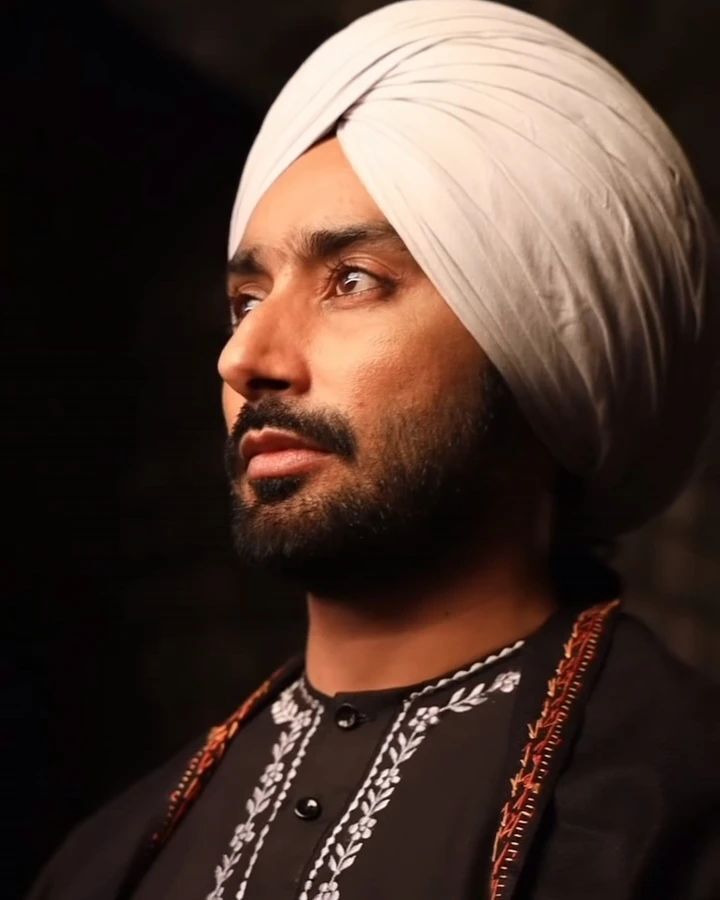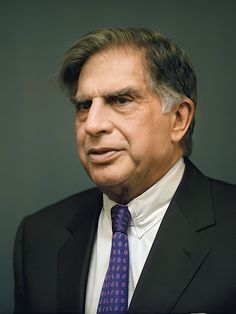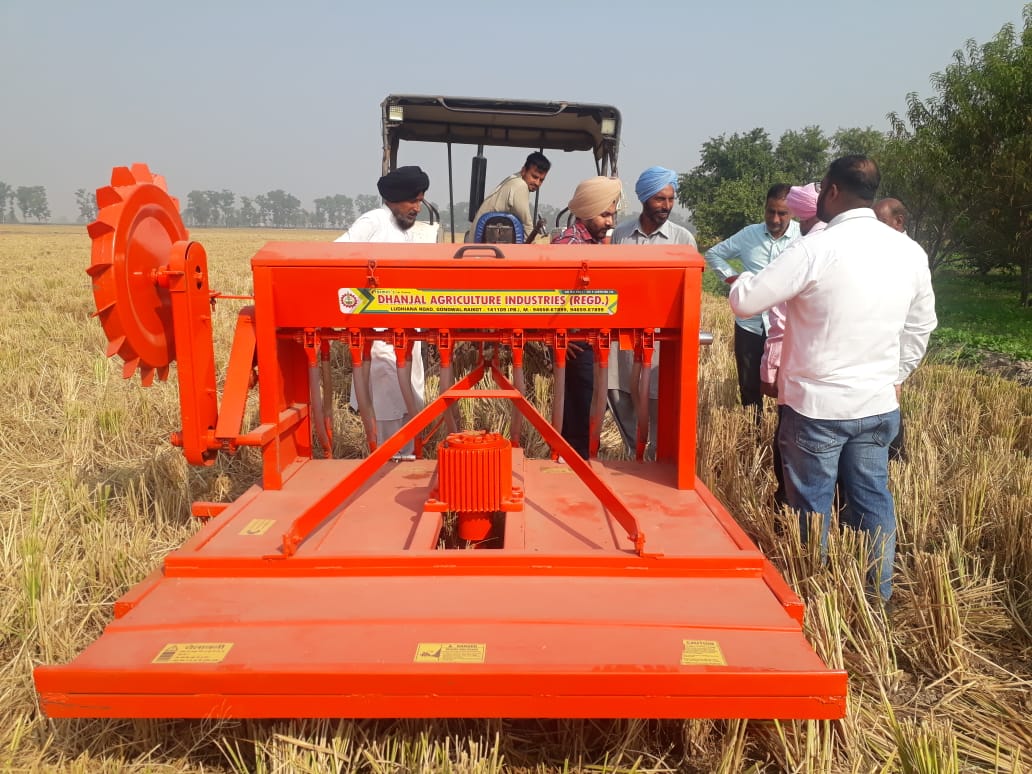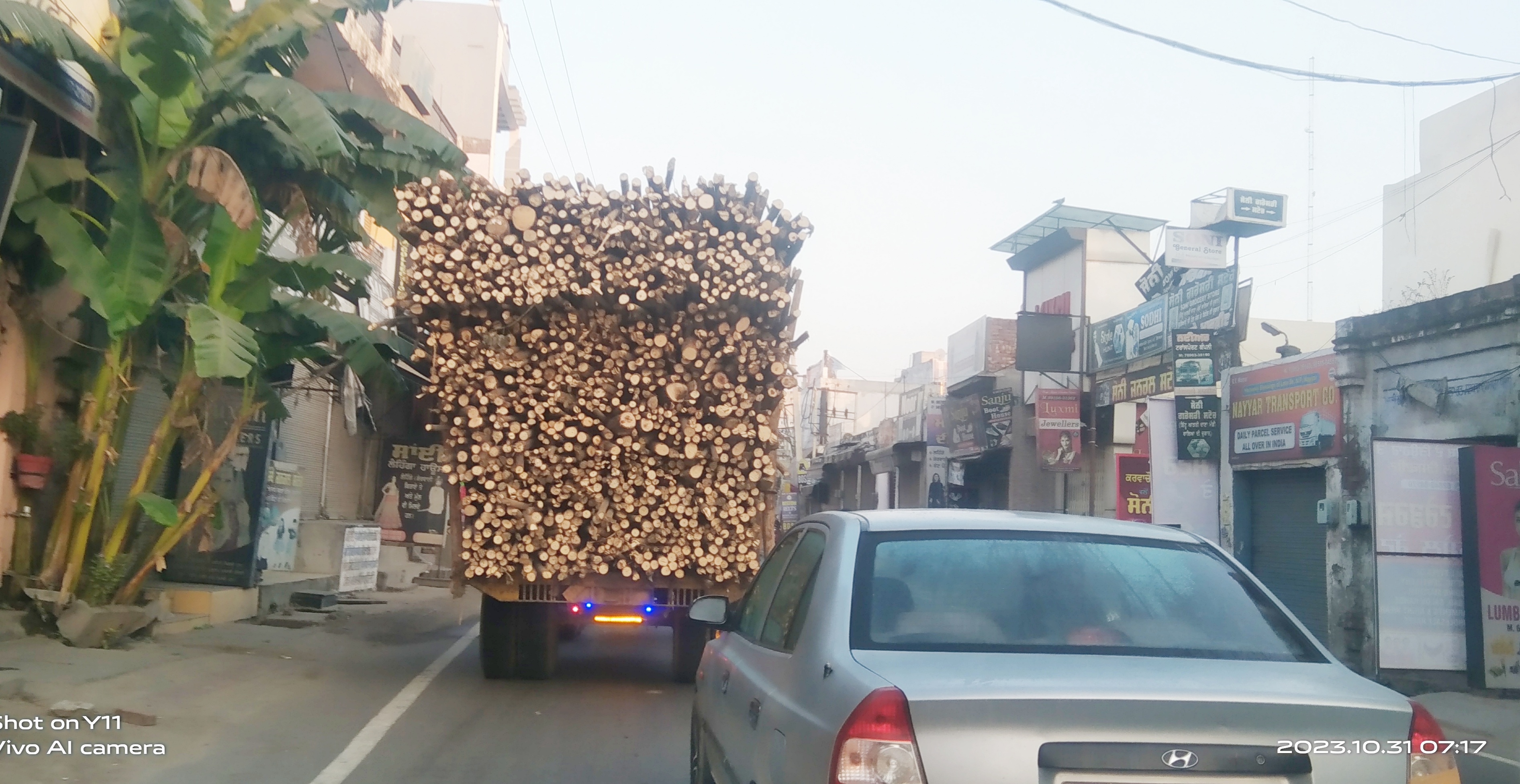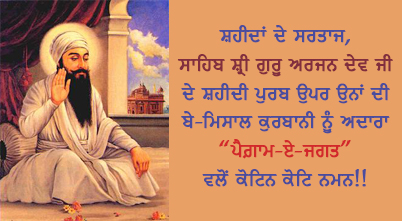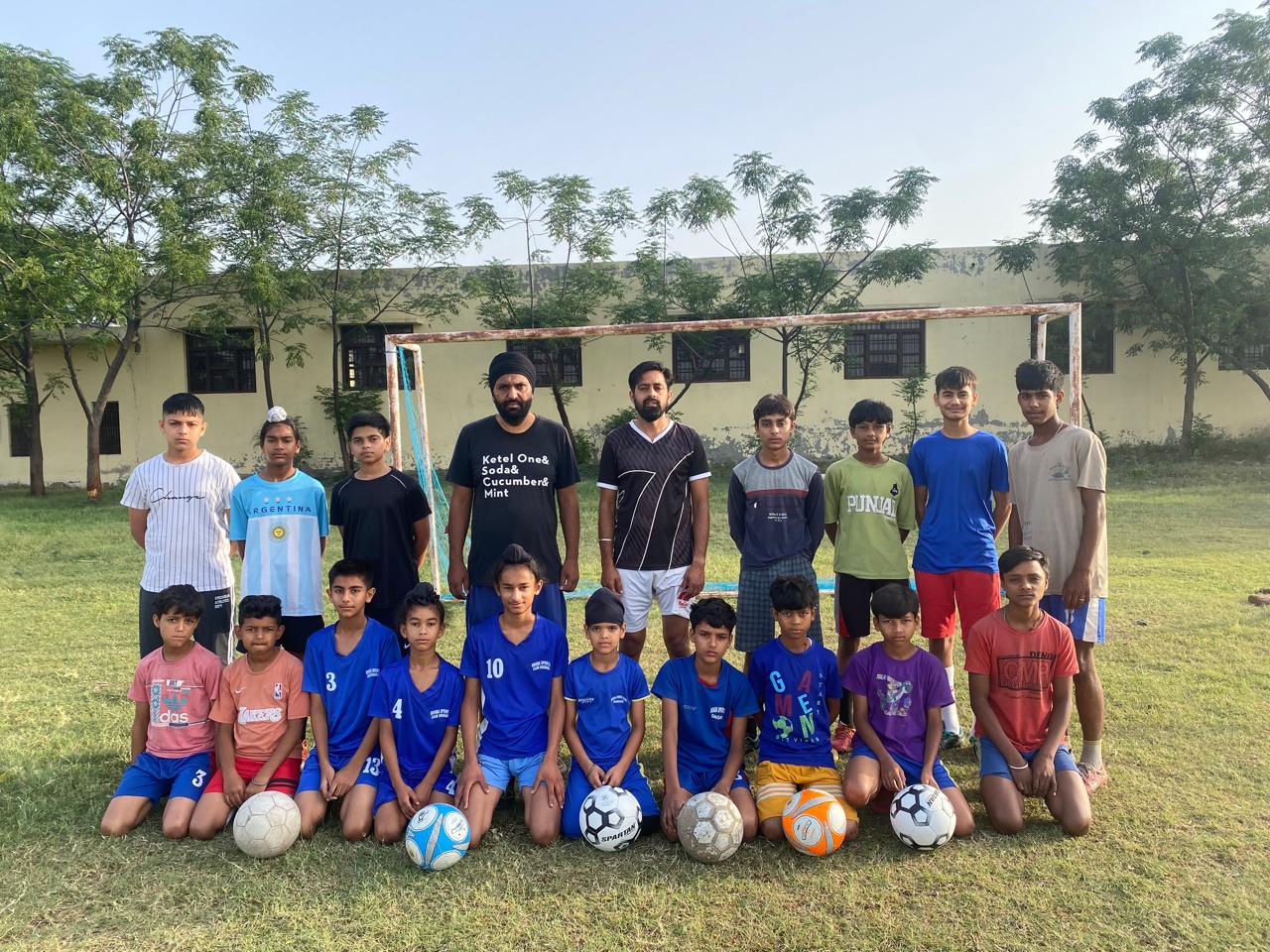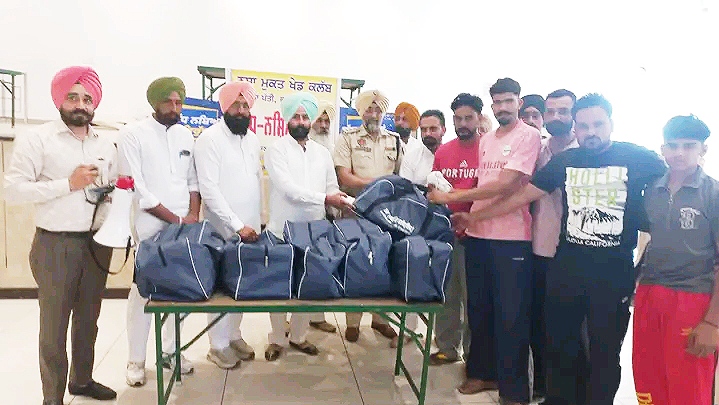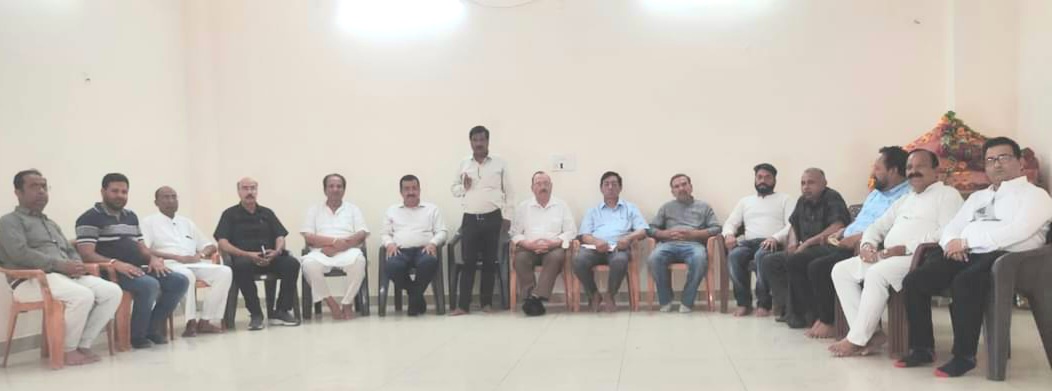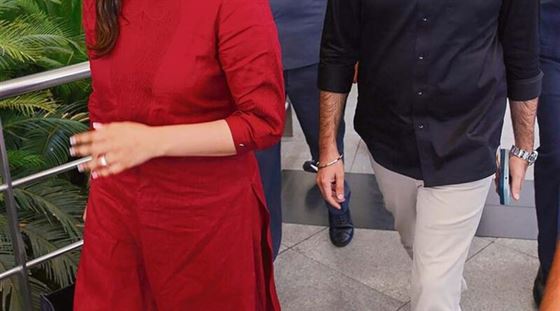
Election Commission of India's 21 innovative initiatives in 100 days.
Una, May 31- The Election Commission of India has taken 21 innovative initiatives in the last 100 days to improve the experience of voters and make election management more streamlined. These initiatives include procedural improvements, expansion of training programs and active participation of stakeholders.
Una, May 31- The Election Commission of India has taken 21 innovative initiatives in the last 100 days to improve the experience of voters and make election management more streamlined. These initiatives include procedural improvements, expansion of training programs and active participation of stakeholders.
District Election Officer and Deputy Commissioner Jatin Lal informed that with the assumption of charge by the 26th Chief Election Commissioner Gyanesh Kumar, the Commission has initiated several objective, practical and proactive measures. In the conference of Chief Electoral Officers held in March 2025, a new vision was presented by the Chief Election Commissioner in the presence of Election Commissioners Dr. Sukhbir Singh Sandhu and Dr. Vivek Joshi, which will provide new energy and direction to the Commission.
The Deputy Commissioner informed that to make the access of voters easier, the maximum number of voters at each polling station has been reduced from 1,500 to 1,200. Additional polling stations are being set up in densely populated areas such as gated communities and high-rise buildings so that no voter has to travel more than 2 km.
In addition, the voter information slips will now display the voter serial number and part serial number more clearly. Facility for depositing mobile phones outside polling stations has also been ensured. A new integrated dashboard ECI-Net has been developed for single-point services, which will replace more than 40 apps and websites currently in use.
Death registration data of the Registrar General of India has been directly integrated to ensure timely deletion of dead voters from the electoral rolls. To strengthen dialogue with political parties, 4,719 meetings were held across the country, in which more than 28,000 representatives participated.
The Commission has also held consultations with various recognised parties including Aam Aadmi Party, BJP, BSP, CPI(M) and NPP. More dialogue sessions are planned after the by-elections. Political parties have been allowed to set up booths within 100 metres. Unique EPIC number system has been implemented, solving the problem of duplicate EPIC numbers. BLOs are now being provided with standard photo ID cards.
More than 3,500 Booth Level Supervisors have been trained in the training programmes held in New Delhi, and more than 6,000 supervisors will be trained in the next 20 batches. The Commission aims to train 1 lakh BLO supervisors in the coming years. Specific training programmes have also been organized for SMNOs and MNOs of CEO offices of all 36 States and Union Territories and Bihar Police officers.
The Deputy Commissioner informed that a comprehensive training framework has been prepared for 28 key stakeholders involved in the electoral process, which is based on the Election Commission's instructions including the Representation of the People Act, 1950 and 1951, Voter Registration Rules, 1960, and Conduct of Election Rules, 1961.
In addition, the Election Commission has implemented biometric attendance at its headquarters, activated the e-office system, and holds regular CEO-level review meetings. These measures are aimed at improving internal coordination and operational efficiency.

